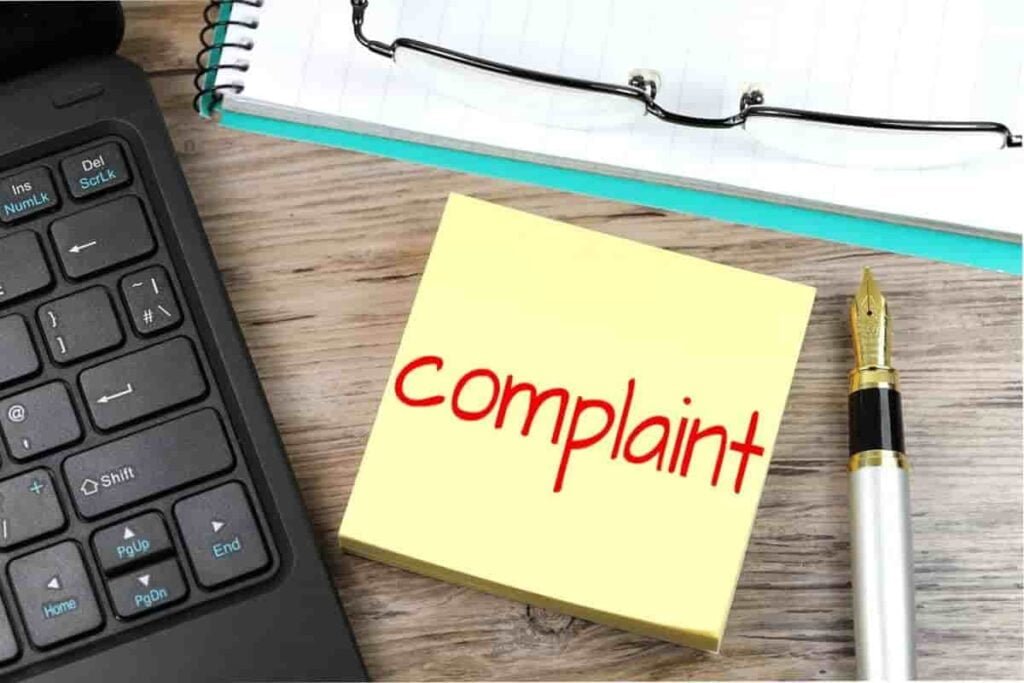Section 482 of the CrPC : this section allows the High Courts to quash criminal proceedings against you that are frivolous, vexatious, or an abuse of the process of law.
In other words,this is a catch-all provision that gives the High Court its inherent powers to prevent abuse of the process of any court or to secure the ends of justice..
The section reads as follows:
482. Saving of inherent powers of High Court. Nothing in this Code shall be deemed to limit or affect the inherent powers of the High Court to make such orders as may be necessary to give effect to any order under this Code, or to prevent abuse of the process of any Court or otherwise to secure the ends of justice.
The section does not specify the grounds on which the High Courts can exercise their powers under Section 482, but the Supreme Court has laid down a number of guidelines in this regard.
Some of the most common grounds on which the High Courts have quashed criminal proceedings include:
- The case is barred by limitation.
- The allegations in the FIR are vague or frivolous.
- The offence is compoundable, and the parties have settled the matter.
- The accused has been acquitted in a previous case for the same offence.
- The criminal proceedings are being used to achieve a collateral purpose.
However, the Supreme Court has laid down a number of guidelines in this regard. Here are some famous, important, and most recent judgments of the Supreme Court and High Court of India that have interpreted Section 482 of CrPC:
Read More: Sec. 420 of the IPC
State of Haryana v. Bhajan Lal (1992):
This judgment laid down the following guidelines for the High Courts to follow when exercising their powers under Section 482:
The High Courts should not interfere with the course of criminal proceedings unless there are strong grounds for doing so.The High Courts should not quash criminal proceedings merely because they are weak or there is a possibility that the accused may be acquitted.The High Courts should only quash criminal proceedings if it is in the interests of justice to do so.
Parbatbhai Aahir & Ors. Vs. State of Gujarat & Anr.
In this Hon’ble Supreme Court has provided important guidelines inorder to exercise inheren power under this provision
- The inherent power of the High Court under Section 482 of the CrPC can be used to quash a FIR or criminal proceeding.
- The power to quash under Section 482 is not the same as the power to compound an offence under Section 320 of the CrPC.
- The decision of whether to quash a FIR or criminal proceeding on the ground that the offender and victim have settled the dispute must be made on a case-by-case basis.
- Heinous and serious offences cannot be quashed even if the victim or the family of the victim has settled the dispute.
- Criminal cases with a predominantly civil nature that arise from commercial, financial, mercantile, partnership, or similar transactions may be quashed in appropriate circumstances where the parties have resolved the dispute.
- On the other hand, economic offences that have implications that go beyond the realm of a simple dispute between private parties cannot be quashed, even if the parties have resolved the dispute.
- The distinction between these two types of cases is important because it helps to ensure that the criminal justice system is not used to resolve purely civil disputes.
Amit Kapoor v. State of NCT of Delhi (2019):
This judgement held that the High Courts can quash criminal proceedings even if the accused has not been arrested or charge-sheeted.
Ravi Kant v. State of Uttar Pradesh (2022):
This judgement held that the High Courts can quash criminal proceedings even if the accused has died.
Section 482 of CrPC is a powerful tool that can be used to prevent the abuse of the criminal justice system. However, it is important to note that this section should only be used in exceptional cases. The High Courts should not interfere with the course of criminal proceedings unless there are strong grounds for doing so.
Here are some factors that the High Court will consider when deciding whether to quash a FIR or criminal proceeding:
- The nature of the offence
- The severity of the offence
- The settlement agreement between the offender and victim
- The public interest
If you are considering filing a petition to quash a FIR or criminal proceeding, you should consult with an experienced lawyer.

